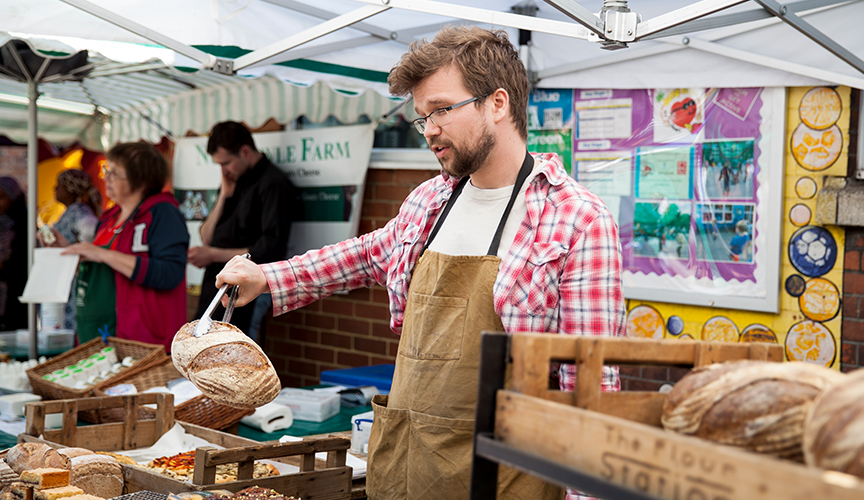Having a greener and more eco-friendly home doesn’t mean starting from the ground up. Instead, incorporating some easy changes such as recycling, composting and shopping habits can make all the difference in helping the environment and creating a healthier home for your family.
This month, we’ve teamed up with The Motherhood to share five top tips on how to create a cleaner, greener and healthier home.
Breathe Better
Last week we hit another unfortunate milestone—the highest Carbon Monoxide reading ever recorded. While tackling the air outdoors can seem daunting, we can improve air quality indoors by bringing the outdoors in. Plants are nature’s Co2 eaters, so the more of them around—the cleaner the air. Plants also reap psychological benefit according to Dr Katie Cooper from BloomBox Club. Make sure to look for these toxin-eating superstars according to NASA.
Saving Energy
We know swapping out all windows from single to double-glazing is a costly undertaking. If it isn’t in the budget, make sure all the gaps around your windows and doors are well sealed to stop drafts. Another great and affordable option is to invest in thermal window shades, which retain the heat in winter and block out the sun in summer. Make the switch to a green energy company – there are an increasing number of ones to choose from for both gas and electric.
Swap out the chemicals
It has never been easier to make the switch to eco-friendly products; even a few of the major supermarket brands now have eco ranges. Chemical rich cleaners can induce asthma and skin condition flare-ups, so opt for plant-based products that actually list all of their ingredients on the label. You can also create your own home cleaning products by combining just a few simple ingredients. Amanda at Small Sustainable Steps has some great tips for DIY home cleaning. When renovating look for low-voc paint and furniture that isn’t sprayed with chemicals, especially bedding. When possible, buy natural organic mattresses as we spend a great deal of time on them. London based shops such as Naturalmat and Warren Evans both have an organic range.

In the Kitchen
Our shopping habits pack a punch when it comes to change. Luckily, bulk shopping is becoming more readily available in London with places like The Source or Broadway Market in Hackney. The trend is also moving online with companies such as Dizzie and Plastic Free Pantry. Check your local health food shops as they often have bulk bins. For example, the Mother Earth shops in North London have a range of bulk items and liquid refills such as washing up liquid and shampoo. The over-packaging of food and single-use plastics has to be cut. When possible, shop at farmers’ markets, green grocers and buy local. If you don’t have one near you, online shops such as Farmdrop bring local products with minimum packaging to your door.
Try to incorporate a less meat-centric diet with nights like ‘Meatless Mondays’, and when choosing meat, ideally choose poultry as it has less of a carbon footprint than beef and lamb. And lastly, when possible, go for organic which isn’t full of hormones and antibiotics.
One of the easiest things to do in the home is to start recycling and composting. Most councils now offer pick-ups for both, but if composting isn’t offered, you can always look into composting pots placed into your garden.
In the garden
You don’t need to have a huge garden to make an impact to our ecosystem. Having a few plants – especially pollen-rich blooms to help the bees, doesn’t take much space or effort. You’ll also be surprised by what can be grown in pots – everything from berries to tomatoes. Go to your local garden centre and get the kids stuck in to some urban gardening. If your council doesn’t collect food waste, try and compost your own and feed your garden and pots with it.


